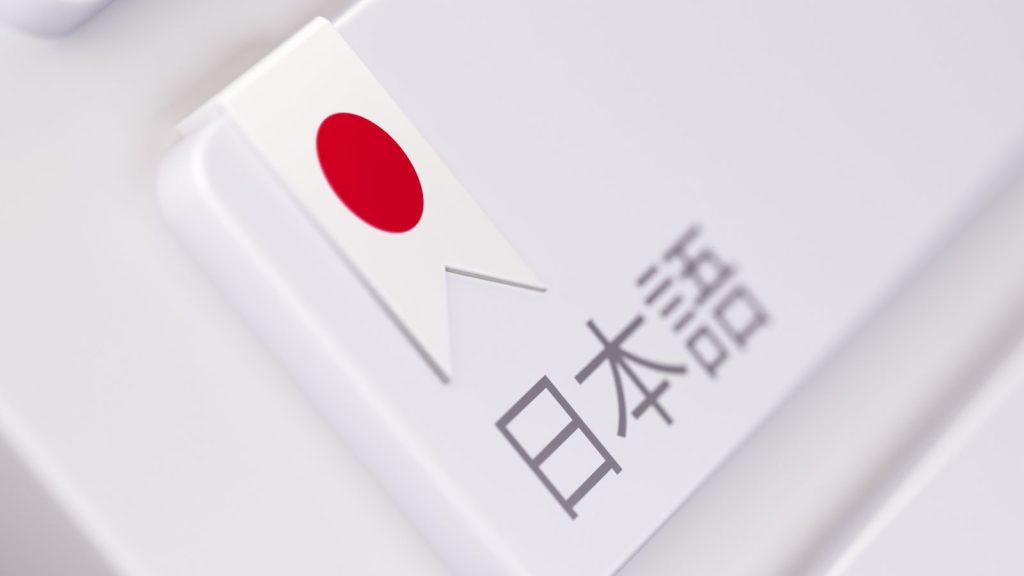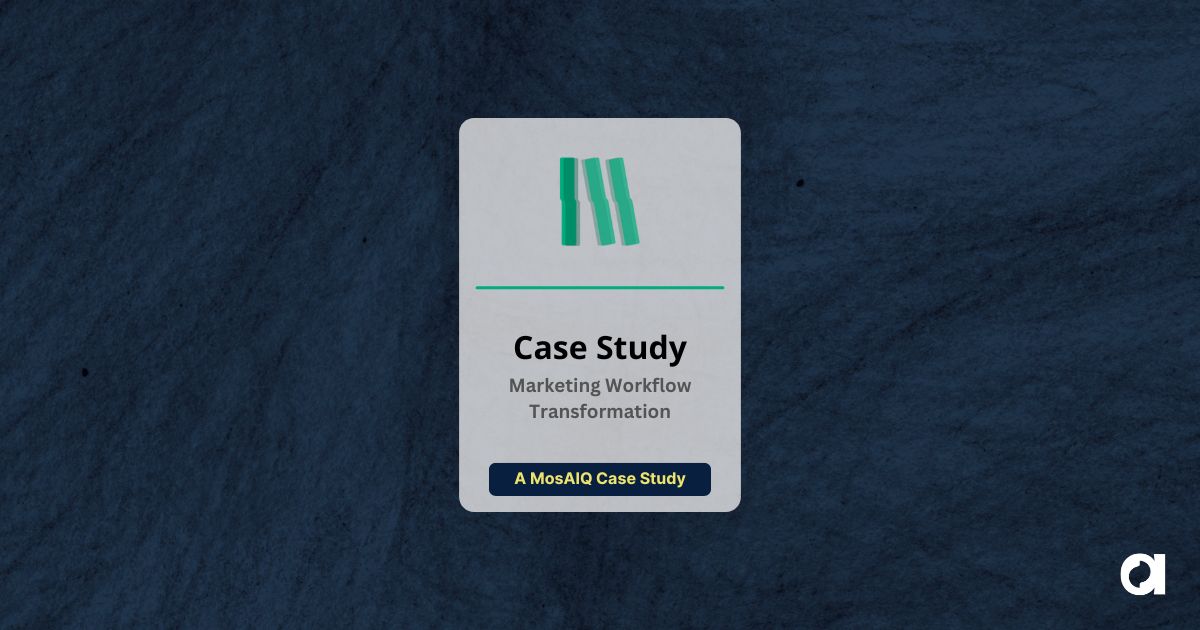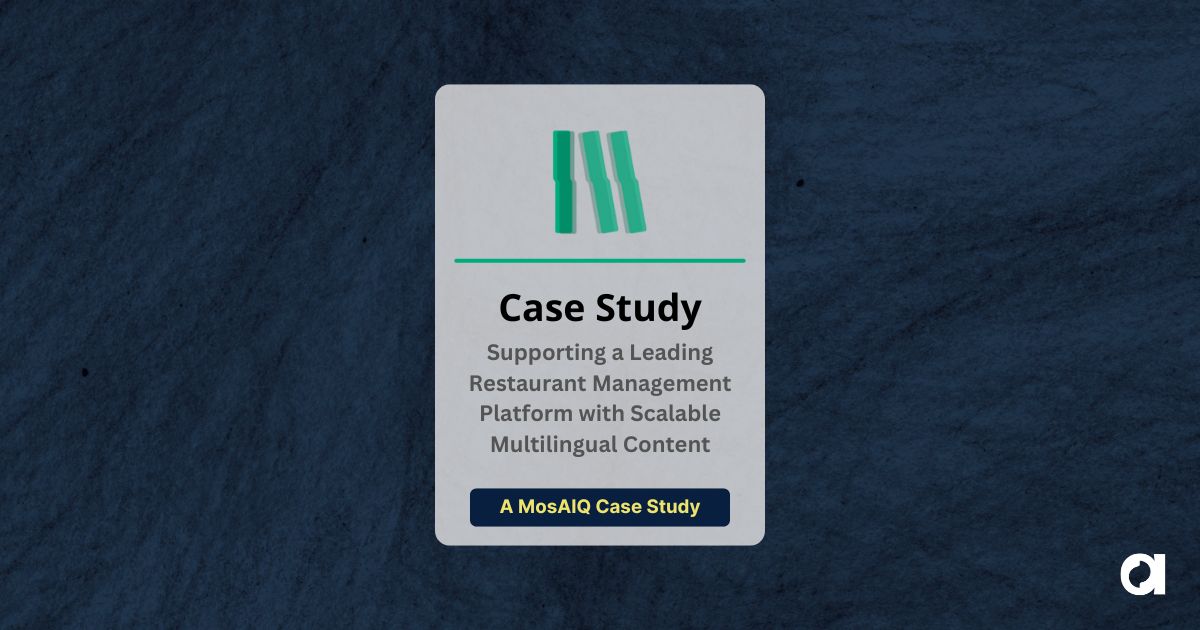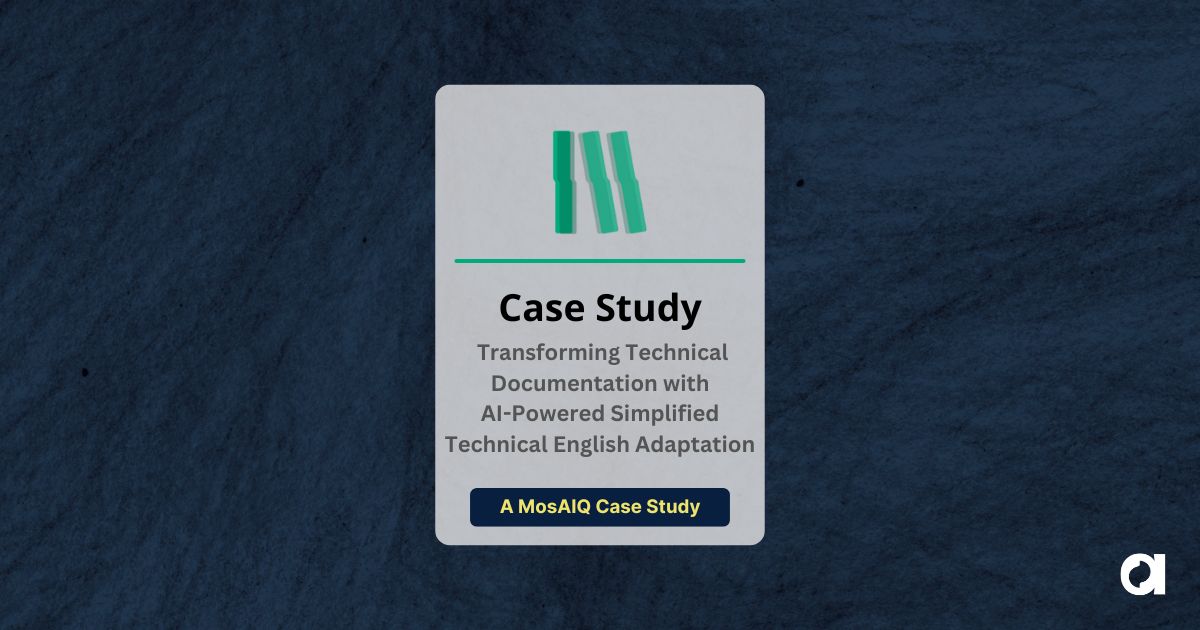Mastering Japanese LQA presents a formidable challenge due to the intricacies of both the language and culture. However, for those who can overcome these challenges, the potential for business success is immense. Consider the following key factors:
- Japan stands as the world’s third-largest economy, boasting a diligent and highly educated workforce.
- With a population of 125 million, Japan ranks among the globe’s largest consumer markets.
- The widespread availability of internet access and online shopping facilities encompasses nearly the entire Japanese population.
- Projections indicate that Japan’s eCommerce sector will expand to a value of US$ 3.4 billion by the year 2025.
In this blog post we present our discussion with translator and LQA professional Akagi Kobayashi, who explains why LQA is so crucial in Japan and what are the biggest challenges of LQA for this country.
LQA is Crucial in Japan, where Quality is Embedded in the Culture
Akagi emphasizes that while some cultures may be lenient toward grammatical errors, Japan’s formal culture places a premium on quality. She explains, “LQA holds significant importance as it directly reflects the organization’s quality standards. Consider how branded products thrive in Japan, where meticulous presentation signifies quality and reputation.”
Japan’s cultural emphasis on formality and continual enhancement intensifies the scrutiny on LQA within companies. In Japan’s fiercely competitive landscape, where there’s a seemingly boundless market and numerous competitors, consumers are exceptionally discerning. Anything that signifies quality and enhances the company’s image holds significant weight.
Different Business Sector, Different Quality Focus
Akagi also clarifies that the interpretation of LQA, particularly the focus on different aspects of quality, varies according to the industry. “Being trendy might hold greater significance in the gaming sector,” she notes, “while precise technical specifications carry more weight in the tech industry.”
In these circumstances, it is crucial to develop a tailored quality program that considers the industry and content specificities.

Remaining Attentive to the Client’s Objectives
Equipped with the knowledge that quality reigns supreme but its definition varies, Akagi’s personal approach to LQA boils down to effective communication with the client to grasp the project’s intent.
“Remaining attentive to the client’s objectives,” she explains, “facilitates the delivery of appropriate communication to the target audience and enables assessment of clarity in presentation. Understanding the audience’s expectations is also crucial. These factors collectively unveil the genuine purpose of the communication.”
When venturing into the Japanese market, there are two critical points to keep in mind and adhere to.
1. Benefits of Partnerships
Akagi emphasizes the importance of “establishing enduring partnerships between companies and quality experts, as familiarity forms the foundation of LQA considerations.” While acknowledging that long-term relationships aren’t always feasible It is necessary to initially research and consult with the client to ascertain how content will be conveyed in the target language. “Varying intentions require the use of different expressions altogether,” she explains, drawing from her experience.
Once this is clarified, documenting the brand’s tone and preferred terminology becomes essential to maintain consistency. A style guide and glossary serve as invaluable tools in achieving this objective.
2. From Clear Intent to Details
Once the intent is clarified, Akagi can delve into the intricacies of LQA. “This is where we carefully examine every detail,” she explains. “The essential components for a high-quality project include precision, especially in technical contexts. However, even in cases where brand perception is paramount, accuracy remains imperative.”
Like all languages, Japanese undergoes continual evolution. “It’s crucial to research market trends in Japan,” Akagi advises. “Understanding the terminology and expressions employed by industry leaders is essential. Moreover, for emerging concepts, it’s important to ascertain the terminology used by public bodies and academic research analysts.”
Translation quality entails more than just selecting the right words. Akagi emphasizes the significance of scrutinizing layout elements such as line breaks, word wrapping, and font selection, particularly since Japanese consumers are highly visually oriented. Integrating an in-context review into the workflow enables the LQA specialist to ensure both layout precision and contextual accuracy in translations.
Akagi’s Top 3 Most Common LQA Problems For Japanese
1. Mistranslation
“I’m concerned,” Akagi remarks, “that the primary errors I often encounter are mistranslations. There’s a pervasive perception of poor translation quality in Japan, due to the presence of numerous aspiring translators whose language proficiency may not meet the required standard.”
According to Akagi, the root cause of these errors lies in the fundamental disparity between Japanese structure and that of most other languages. “Japanese is highly contextual,” she explains, “and failing to recognize this fundamental difference in language structure significantly impacts the translation process and leads to errors.”
Consequently, Akagi frequently observes a lack of coherence between sentences, stemming from a sentence-by-sentence translation approach. “This results in syntactic disconnection,” she elaborates, “which compromises the readability of the translated piece.”
For instance, there is a distinction in structure between English and Japanese ‘because statements,’ where the reason precedes the result in Japanese. Neglecting to grasp this structural variance often results in clumsy translations when translating sentence-by-sentence.
The remedy for this particular issue, according to Akagi, is to review text in paragraphs. “Translators sometimes become so focused on the act of translation,” she notes, “that they overlook the primary objective of conveying meaning effectively.”
2. Spelling: Not as Simple When It Comes to Japanese LQA
After translation errors, Akagi highlights the complexity of spelling in Japanese LQA. “Japanese boasts a considerably intricate writing system,” she explains, “and achieving correct spelling isn’t straightforward. There can be multiple variations in how a word is spelled or written.”
She elaborates on the issue, stating, “The choice of expression may hinge on the word’s meaning or the context. Unlike in Microsoft Word, for instance, there’s typically no built-in spellcheck feature available for Japanese. Similarly, none of the Computer-Aided Translation (CAT) tools I’ve utilized, such as X-bench and others, offer a Japanese spellcheck function.”
To address this challenge, Akagi recommends investing in a Japanese-specific tool to assist with spelling and, crucially, relying on the expertise of a seasoned LQA professional specializing in Japanese.

3. Excessive Dependance on a Centralized Localization Strategy
Due to the distinctiveness of the Japanese language and culture, Akagi believes that the conventional centralized approach to localization, commonly employed for other languages, can actually undermine Japanese LQA.
The Japanese market is unique in its competitive dynamics. “It’s crucial to comprehend and address the specific cultural requirements in Japan,” she emphasizes. Many companies, she notes, have learned this lesson through challenging experiences.
“If you’re genuinely intent on entering the Japanese market,” Akagi asserts, “you cannot simply impose a one-size-fits-all global standard product on them. You must take into account their unique needs and preferences.”
Ready to Learn More?
Check out Part 2 of our conversation, where Akagi shares some of her best tips for achieving LQA success. And read Part 3 to learn about some of the unique challenges Akagi sees in using social media as a business tool in such a unique culture.
Not Sure if You are Ready for Japan? We Can Help
Our experience with Japanese LQA, and our relationship with experts like Akagi, have made us the go-to choice for clients who want to gain and maintain the high translation quality the Japanese market demands.
Contact us today to learn how Argos Multilingual can support your expansion to Japan.
 Argos Multilingual
5 min. read
Argos Multilingual
5 min. read
Engaging in business in Japan presents both opportunities and challenges, as each solved obstacle enhances the potential for business expansion. To navigate the complexities of the Japanese market, we invited an expert in translation and LQA, Akagi Kobayashi, to share her key strategies for successful localization in Japan. The importance of “Beautiful Japanese” For Akagi, […]

 Argos Multilingual
4 min. read
Argos Multilingual
4 min. read
When releasing medical devices in the European market, manufacturers face many complex rules to ensure compliance with the EU’s health, safety and environmental regulations. Notified Bodies play a key function when it comes to compliance, but what do they really do? Let’s take a closer look at these accredited bodies, learn more about their role […]











